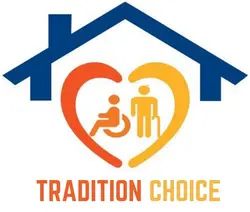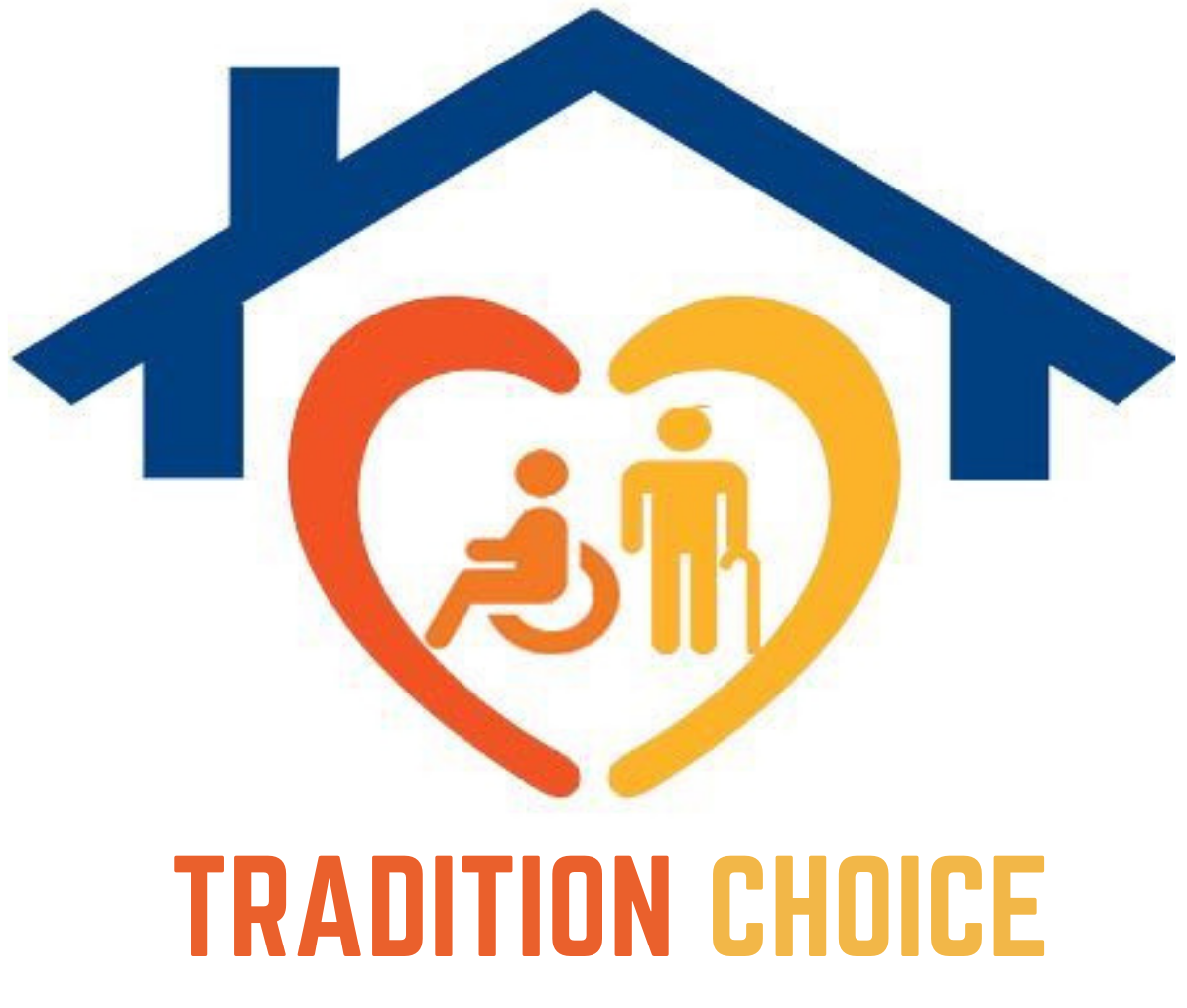There are plenty of things people miss when an aging parent or other loved one is having difficulty taking care of themselves. It might be in the aftermath of surgery, a health emergency, injuries, or simply the natural process of aging that has left them weaker than they were in their younger years. Let’s face it, all of us are going to be in a similar predicament if we move through our 70’s and 80’s, or even into our 90’s. Elder care can certainly be an incredible benefit, but too many families simply don’t realize what it can offer.

Elder Care Buffalo NY – How Elder Care Can Help with Your Parent’s Needs
They miss the details. They miss the forest for the trees. In other words, they may be more focused on their responsibilities, their worries, their doubts, their fears, or what they think the senior needs rather than focusing on the benefits he or she can gain from elder care.
Below are three things that far too many families tend to miss when the topic of any type of elder care comes up.
1. What the senior wants.
Instead of focusing on what the senior would prefer or want, they spend their energy focused on what they think the senior needs. There could be a significant chasm that can’t be crossed between these two things. Sometimes they might be similar, but they can also be very far apart.
The senior may want support in the morning, but family assumes they need it more in the evening. The senior may want to be more active, spend time with friends, go for walks, or something else, but family just wants him or her to be safe.
2. Facts, rather than emotions.
It’s easy to get caught up in the emotional fear and doubt and worries about the future when an elderly loved one is dealing with some difficult circumstances. Those are emotions.
Facts about elder care can be missed because of these emotions. The fact is elder care can provide a great safety net, companionship, and support the senior needs to recover, stay healthy, or maintain a higher quality of life than they could alone.
3. Long-term benefits versus short-term gains.
Many of us will think about short term gains or worries rather than the long-term benefits. But, when you focus on long-term benefits of elder care, you began to realize this is a far better option than scrambling to offer care yourself when you have a career, children to raise, or other responsibilities and you simply can’t devote enough time to this senior in your life.
Don’t miss the forest for the trees. Learn to listen, focus on facts rather than emotions, and think about the long-term impacts rather than short-term components of elder care.

